Sophomore Amanda Greene participates in NSLI-Y study abroad program, ’embraces challenges’
Photo credit: Jenny Lo
Greene poses in traditional Taiwanese clothing with two classmates and a tutor from Wenzao University. The group visited Tainan, where students learned to make aboriginal Taiwanese foods and perform dances.
Though 93 percent of U.S. schools offer foreign language classes, less than 1 percent of American adults report being proficient in a language they studied in high school. Sophomore Amanda Greene, however, participated in a six-week National Security Language Initiative for Youth [NSLI-Y] study abroad trip during the summer of 2018 that aims to foster lifelong language retention.
NSLI-Y is a U.S. State Department-sponsored program that provides over 660 merit-based scholarships annually to high school students to participate in summer and academic programs in locations where the eight NSLI-Y languages are spoken.
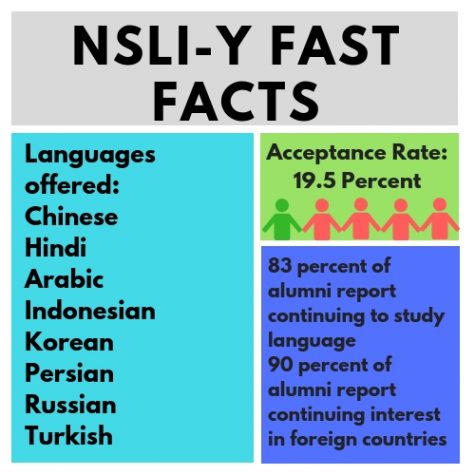
“[The State Department] realized that we needed to do better because relationships with other countries were so poor,” Greene said. “The best way to form relations with other countries is to understand each other, and the first part of understanding each other is knowing the language.”
During the program, Greene attended language and cultural classes and stayed with a host family. Though she expected to study in China, her acceptance letter arrived with the news that she would be traveling to Taiwan instead.
“I was a little bit scared, because I know Taiwan uses traditional characters, but I’d always learned simplified, so I knew that I would have to change and learn,” she said.
However, Greene said that her perception of Chinese-speaking culture changed because she visited a country that she “didn’t know anything about.”
“It was like learning Chinese from a whole new perspective,” Greene said. “Everything we know about Asia, or at least East Asia, is about China. Taiwan is like opening a new little world [with] different cultures within the broader whole.”
Greene described the cultural exchange inherent in study abroad programs. While she learned about Taiwanese culture, she also said she wanted to “be a representative of America.”
“Especially over there, people in Taiwan don’t have a lot of interactions with Americans who are there to learn about Taiwanese people,” she said. “You can’t just be an American and be separate and be proud. You have to assimilate; you have to make an effort.”
She emphasized that her language-learning experience made her reevaluate how she views interpersonal communication on a global scale.
“Languages are really important, and we don’t appreciate them enough,” she said. “We always expect other people to learn English and speak to us in English, [but] we have to do the same for other people.”
Greene said that she would “definitely” recommend the “amazing” program to any student interested in enhancing their language skills and stepping outside of their comfort zones.
“Once you’re there, it’s going to be scary, but every day is something new,” she said. “You come to really expect the unexpected and embrace these challenges.”

Anna Brodsky joined the Oracle staff in 2016. She took a hiatus for the 2017-2018 school year to fulfill her art credit by serving as copy editor for the...





![Freshman Milan Earl and sophomore Lucy Kaplan sit with their grandparents at Archer’s annual Grandparents and Special Friends Day Friday, March 15. The event took place over three 75-minute sessions. “[I hope my grandparents] gain an understanding about what I do, Kaplan said, because I know they ask a lot of questions and can sort of see what I do in school and what the experience is like to be here.](https://archeroracle.org/wp-content/uploads/2024/03/grandparents-day-option-2-1200x800.jpg)













































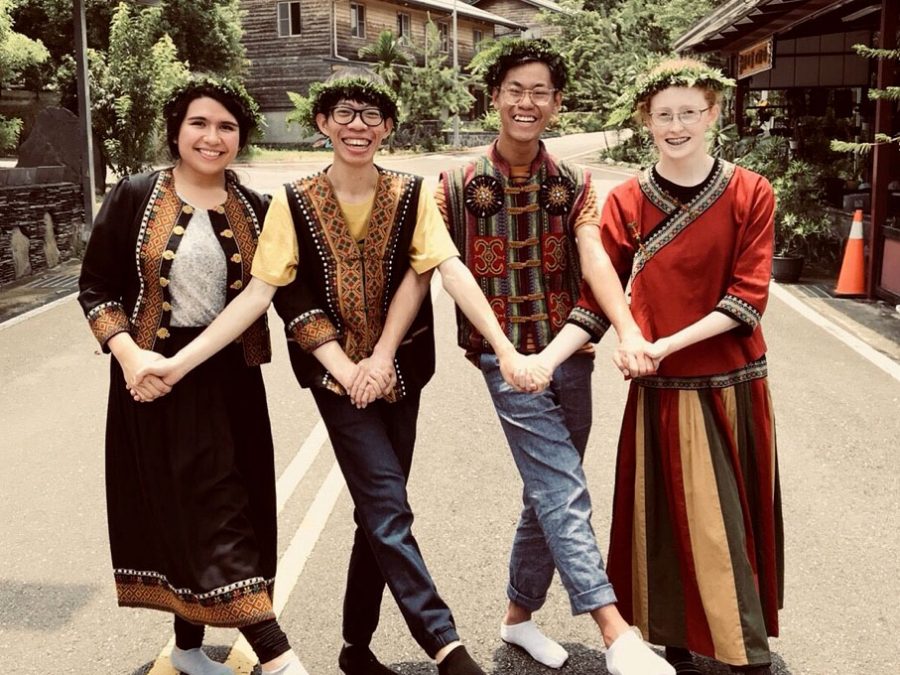
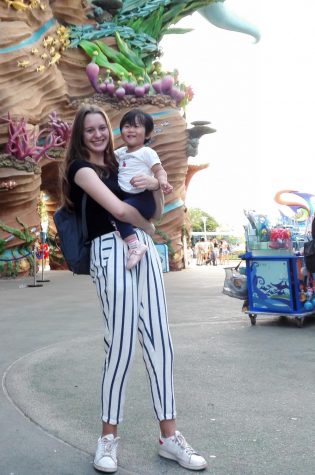
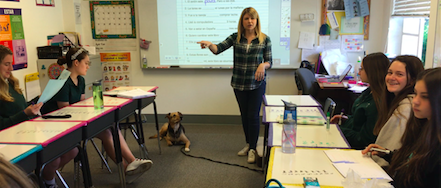
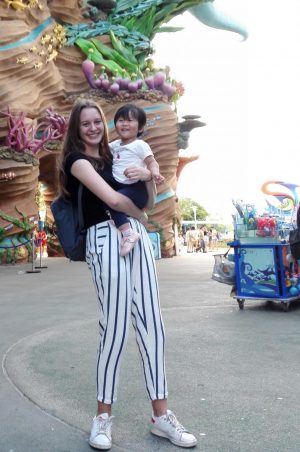
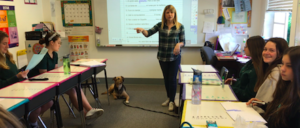
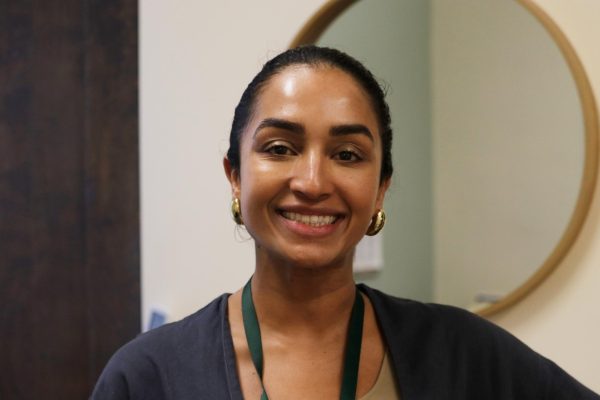

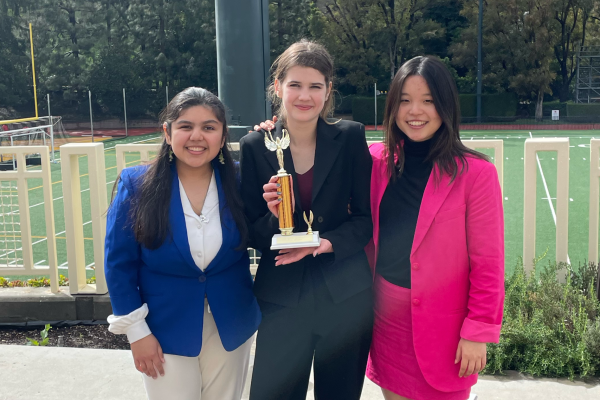
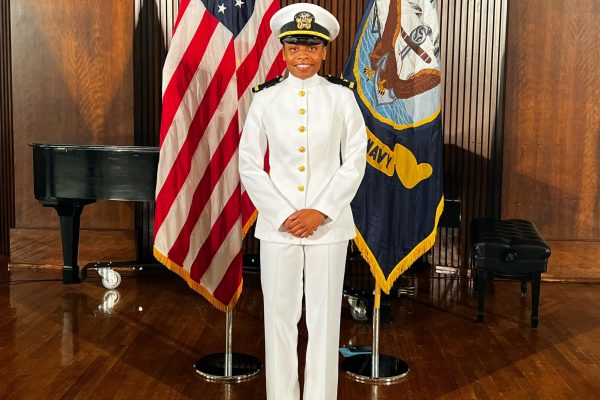
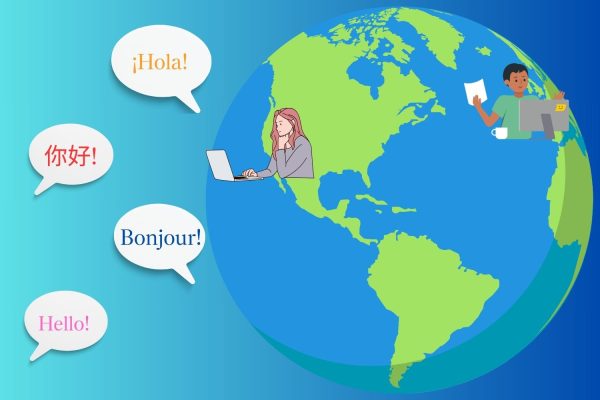
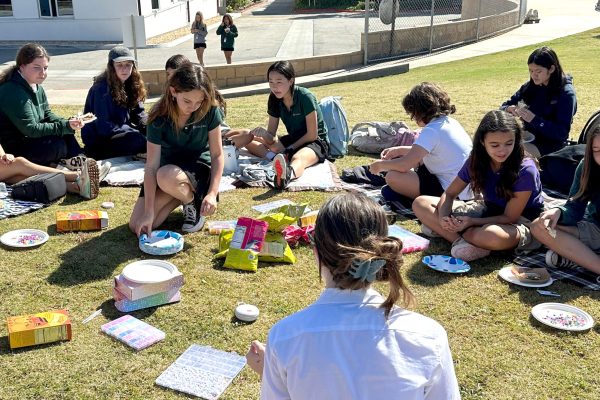

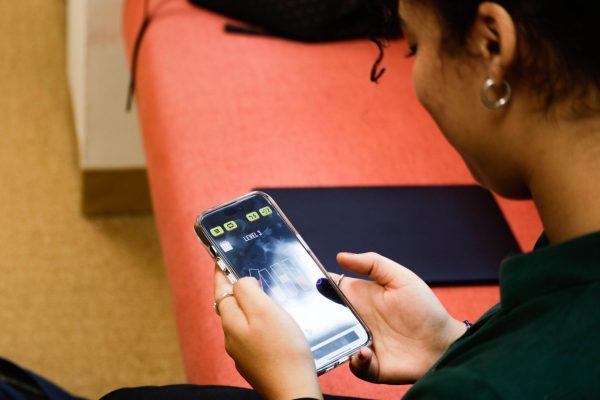
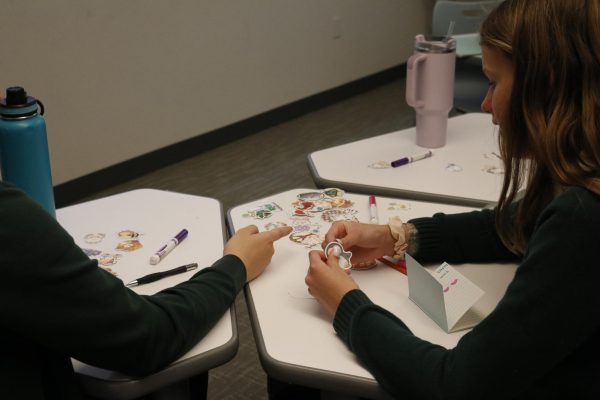
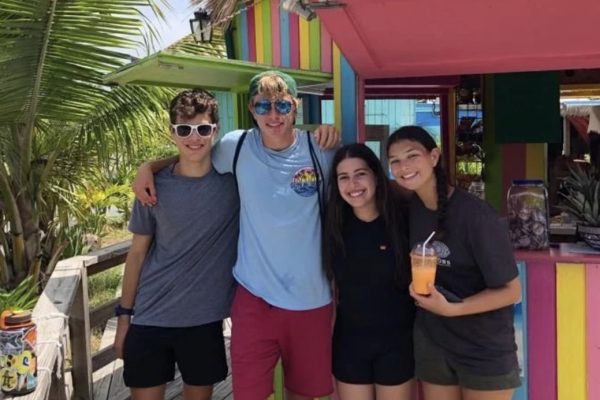
Cybele • Nov 29, 2018 at 5:38 pm
Great coverage! It’s awesome to see Archer’s continued involvement with NSLI-Y, and I hope even more students have the chance to travel with them in the future. Also, wonderful to see the benefits of the Chinese program!
Amanda Greene • Nov 14, 2018 at 5:54 pm
Thank you for writing an awesome article Anna! 謝謝你!<3
isabella • Nov 14, 2018 at 4:20 pm
Very interesting article Anna! Thank you!